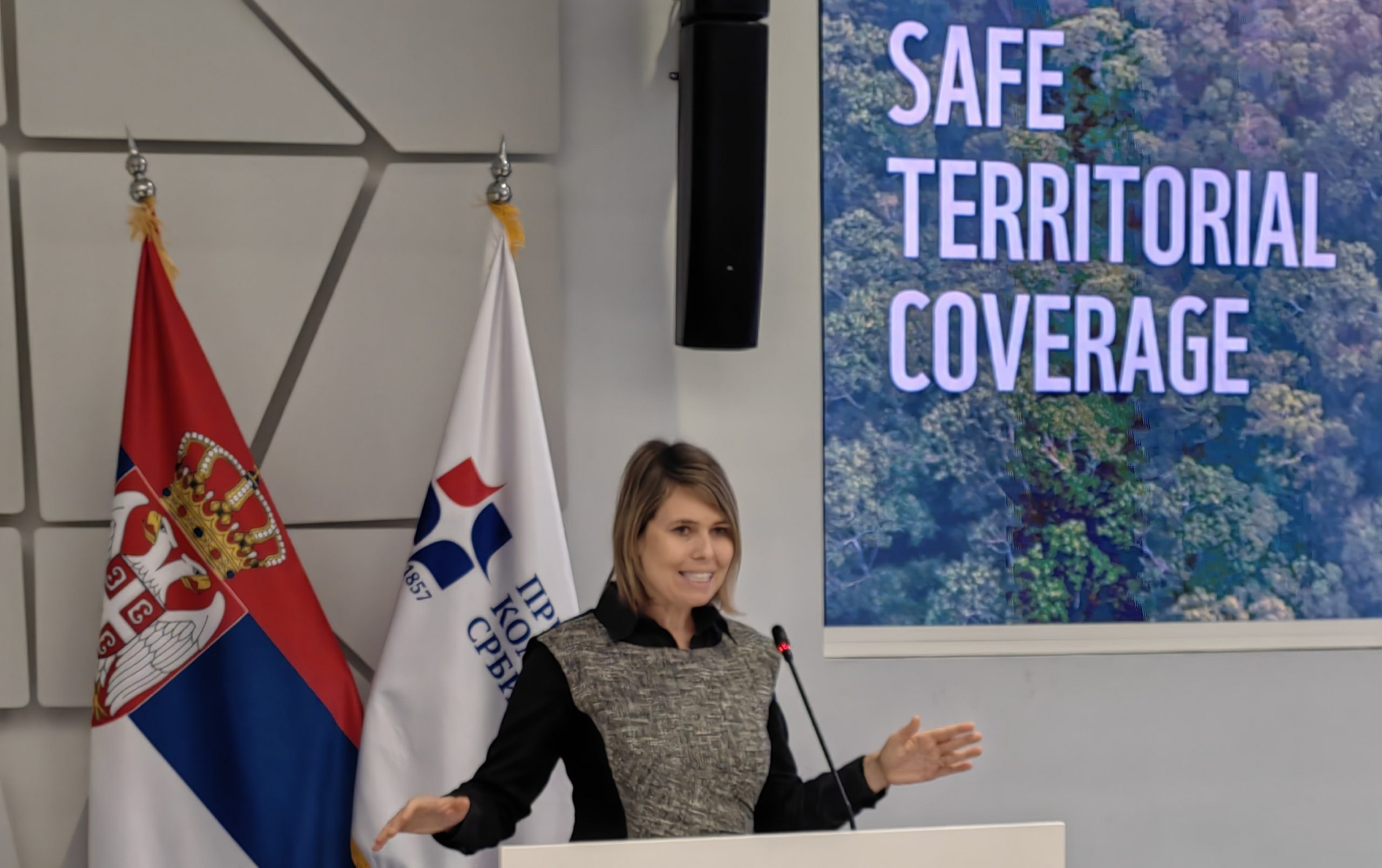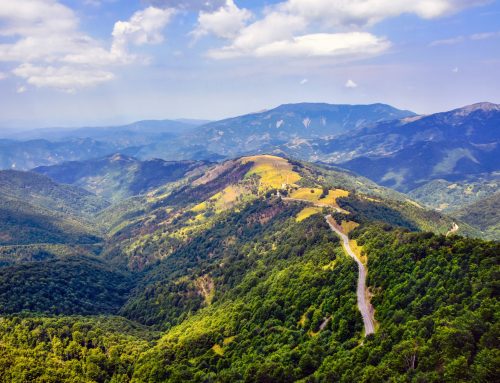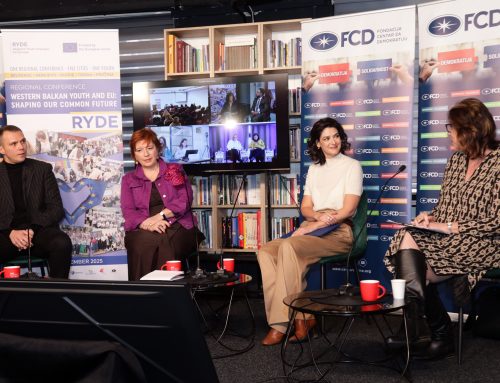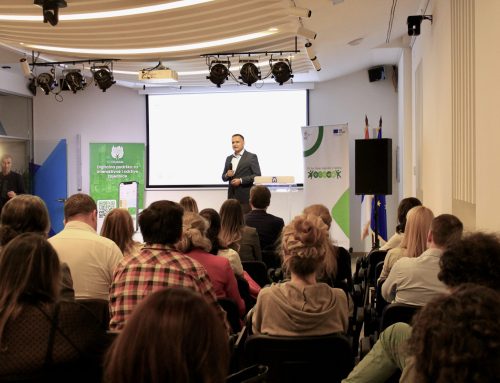Citizens are no longer uninformed about how they can contribute to preserving their environment. Their growing ability to connect with one another—and to cooperate with institutions and businesses—marks the next step toward new successes in nature protection.
With that goal in mind, the third Forum on Environmental Policies, titled “Local Solutions for (Inter)National Policies” was held as part of the European Green Diplomacy Week, organized by WWF Adria.
The Forum brought together civil society representatives, decision-makers, climate and conservation experts, as well as numerous delegates from international institutions and organizations. Its central focus was strengthening local capacities and identifying sustainable, inclusive solutions that link grassroots initiatives with national and regional environmental and climate-resilience policies.
Hari Osting, Acting Director of the Conservation Program at WWF Adria, highlighted the importance of local organizations as key drivers of change, whose work substantially contributes to improving policies, enhancing natural resource management, and increasing community resilience to the impacts of climate change.
“And over the past four years, 41 projects have been implemented, with a total investment of €500,000 in civil society. The results span a wide range of innovative and influential activities—from developing new regulatory frameworks and participatory monitoring, to local nature-protection actions and climate initiatives, as well as educational programs, major public-awareness campaigns, and efforts that have even led to concrete legal changes at the local level,” said Andreja Vidal, Environmental and Climate Change Program Manager at the EU Delegation to Serbia.
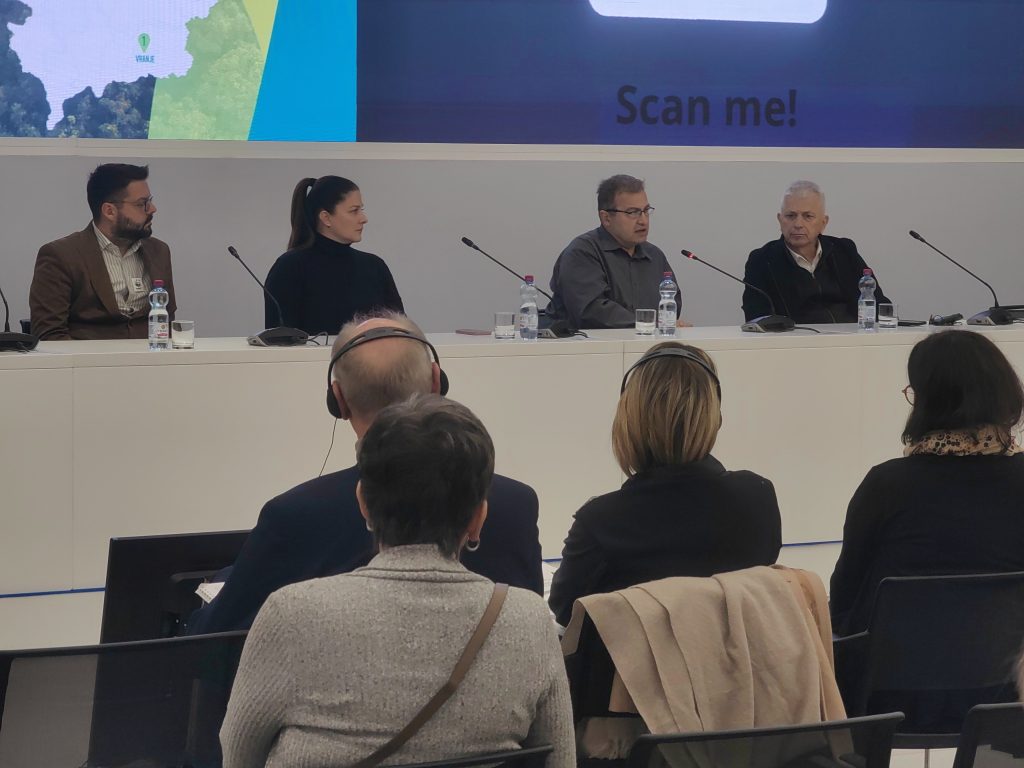
The first panel, “Locally Led Biodiversity Protection,” highlighted the crucial role of local actors in conservation and sustainable resource management. Participants showcased initiatives that helped align local policies with EU directives and emphasized that local knowledge and on-the-ground experience are invaluable in protecting biodiversity. They also pointed to persistent challenges, particularly the inertia of some local authorities who view reforms benefiting nature and communities as unrealistic or unattainable.
The second panel, “Raising Public Awareness and Engaging Local Communities,” focused on communication, education, and citizen participation. Speakers underlined that informed and empowered communities are essential for long-term change and for fostering a culture of environmental stewardship—while noting that there is still significant room for improvement. Informed citizens, they said, are the ones who will build and sustain resilient local communities.
During the third panel, “Local Climate Action,” discussions centered on community-based responses to climate challenges—from drafting local environmental protection plans and participatory models for managing climate risks, to concrete efforts such as preventing the construction of small hydropower plants in sensitive areas. Participants also highlighted sustainable agriculture and rural-development models aligned with the EU Rural Pact, research on microplastics, and initiatives aimed at developing legal and social mechanisms that link climate change with human rights issues.
Through the Safe Nature and Climate project, WWF Adria has built a bridge between local initiatives and broader regional and European frameworks, strengthening community resilience and supporting nature conservation and harmonious coexistence between people and the environment. The results and insights presented at the forum will be used to further improve policies and practices that contribute to healthier ecosystems and more sustainable communities.

